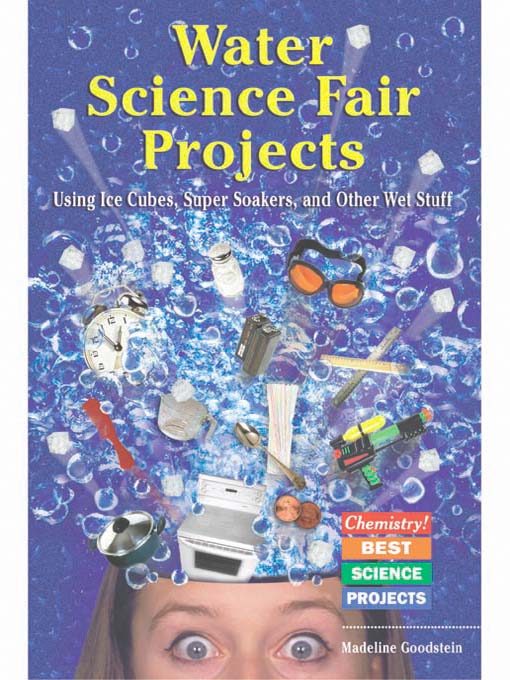Why do ice cubes float in water? What is the true shape of a raindrop? Is your drinking water really “pure”? Water is a very common substance that has lots of extraordinary properties! This comprehensive collection of experiments includes many suggestions that are ideal for science fairs. Most experiments can be conducted with objects found around the house, and all instructions are clear and easy to follow.
- New eBook additions
- New kids additions
- New teen additions
- Available now
- Try something different
- See all ebooks collections
- New audiobook additions
- New kids additions
- New teen additions
- Available now
- Most popular
- Try something different
- See all audiobooks collections


